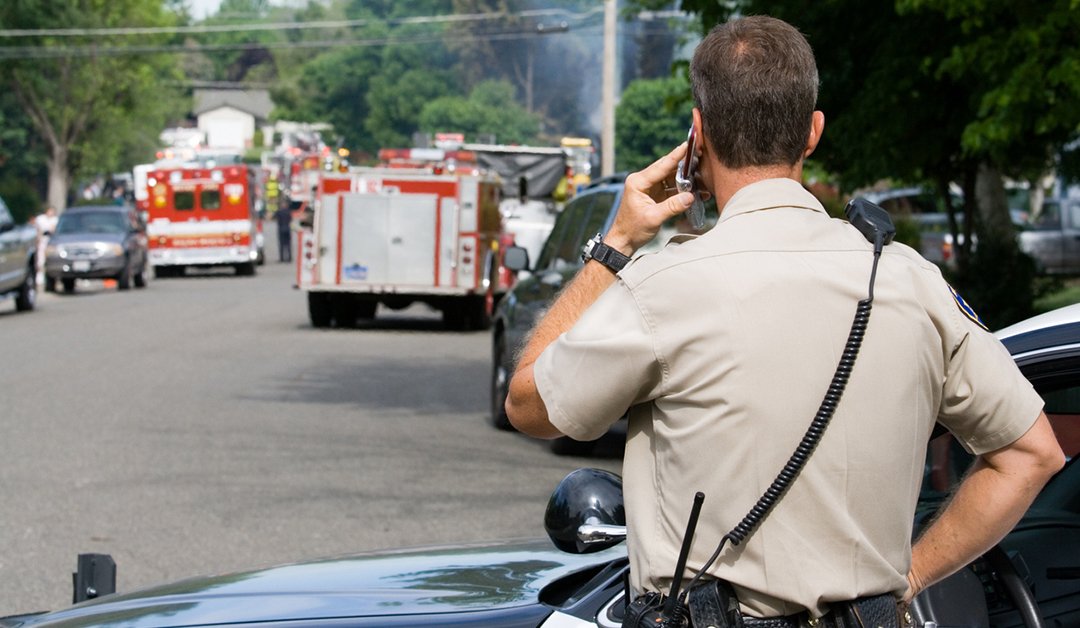
OSHAS Emergency Planning & Response course is designed to provide participants with the requisite knowledge and skills to develop, implement, and maintain an effective emergency response plan. The program encompasses a comprehensive understanding of various potential emergencies, proactive planning, immediate response techniques, and post-incident recovery strategies to ensure the safety and continuity of operations.
Trainers can take the course test after studying the course material and passing the module quizzes. The purpose of the course exam is to gauge how well the students have understood the topic. Multiple-choice questions drawn from our sizable question library make up course exams.
Pattern: